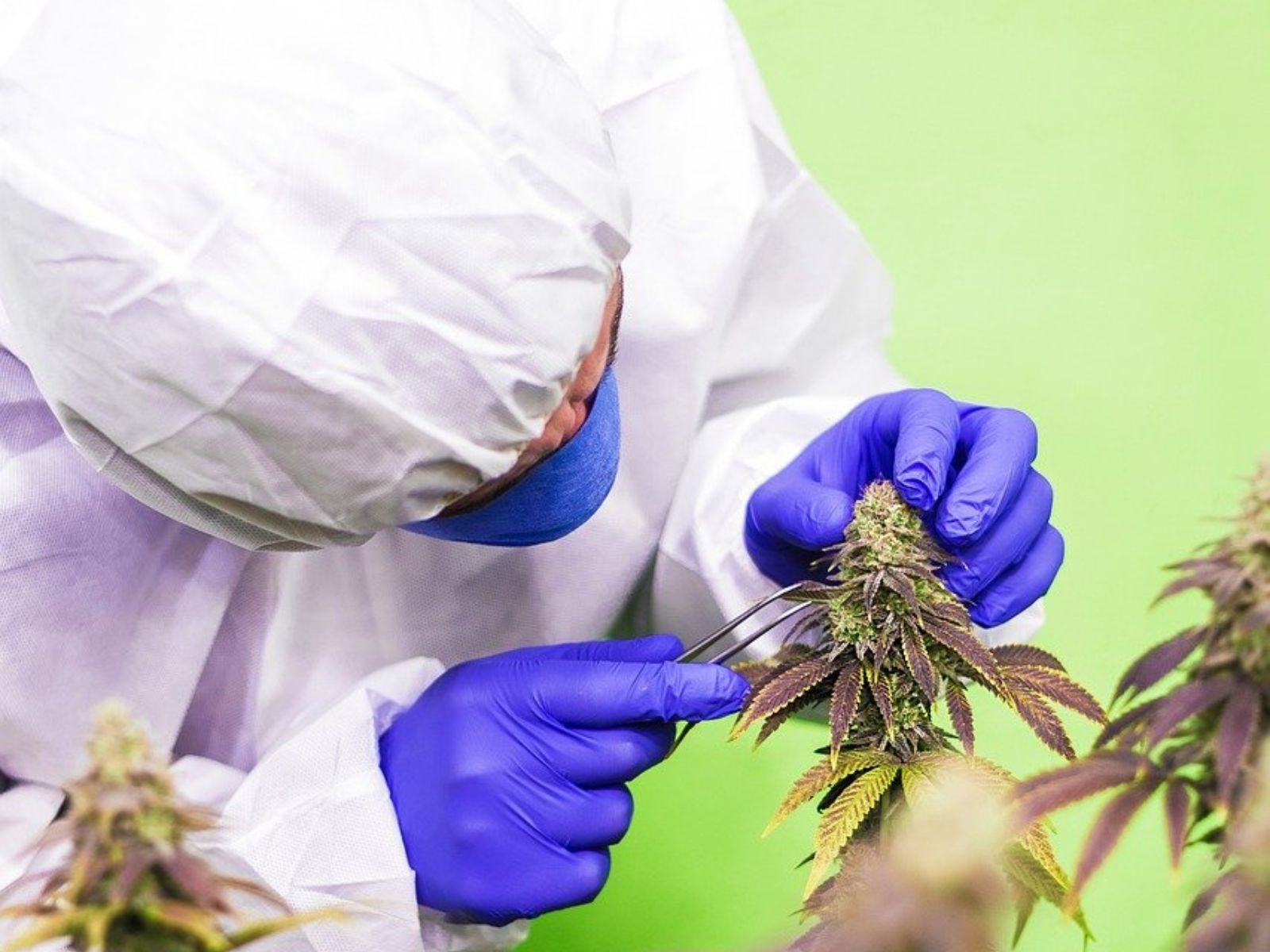Canada was the first G-7 nation to pass a national adult-use cannabis legalization measure when it did so in 2018, and Canada was just the second nation to ever pass such a measure, only behind Uruguay which legalized in 2013. Yet, unlike Uruguay, Canada permits nationwide adult-use sales to all adults regardless of residency status. Uruguay limits legal adult-use sales to residents only.
The emerging legal cannabis industry in Canada is still, after half a decade, the largest national cannabis commerce and policy experiment on the planet. As such, data from the nation’s emerging cannabis industry is invaluable.
According to data that was recently published by Statistics Canada, “In 2023, more than one-third of adults aged 18 to 24 years (38.4%) and 25 to 44 years (34.5%) reported using cannabis in the previous 12 months, compared with 15.5% of adults aged 45 years and older.”
Statistics Canada also found that 8.7% of adults aged 18 to 24 years and 10.3% of adults aged 25 to 44 years report consuming cannabis daily or almost daily.
Additionally, “over two in three” cannabis consumers bought their cannabis from regulated sources according to government data. Statistics Canada estimates that the nation is home to “more than 3,000 legal cannabis stores.”
According to survey data, Statistics Canada found that “the main reasons reported for buying cannabis from a legal source were product safety (38.0%), convenience (16.9%) and a desire to follow the law (12.9%).”
Cannabis flower is the top selling product in Canada’s legal market, accounting for 64.9% of total industry sales. Total sales of recreational cannabis by provincial cannabis authorities and other retail outlets increased 15.8% in the 2022/2023 fiscal year, reaching a total of $4.7 billion in sales. The sales of ‘inhaled extracts,’ or concentrates, increased by 59% during the 2022/2023 fiscal year.
“Canadians of legal age spent on average $150 per year per person on cannabis in 2022/2023.” stated Statistics Canada.
Canada’s emerging legal cannabis industry is generating a consider sum for public coffers, which benefits all of Canadian society, not just cannabis consumers. Statistics Canada has determined that, “Federal and provincial governments received $1.9 billion from the control and sale of recreational cannabis in 2022/2023, up by almost one-quarter (+24.2%) from a year earlier.”

